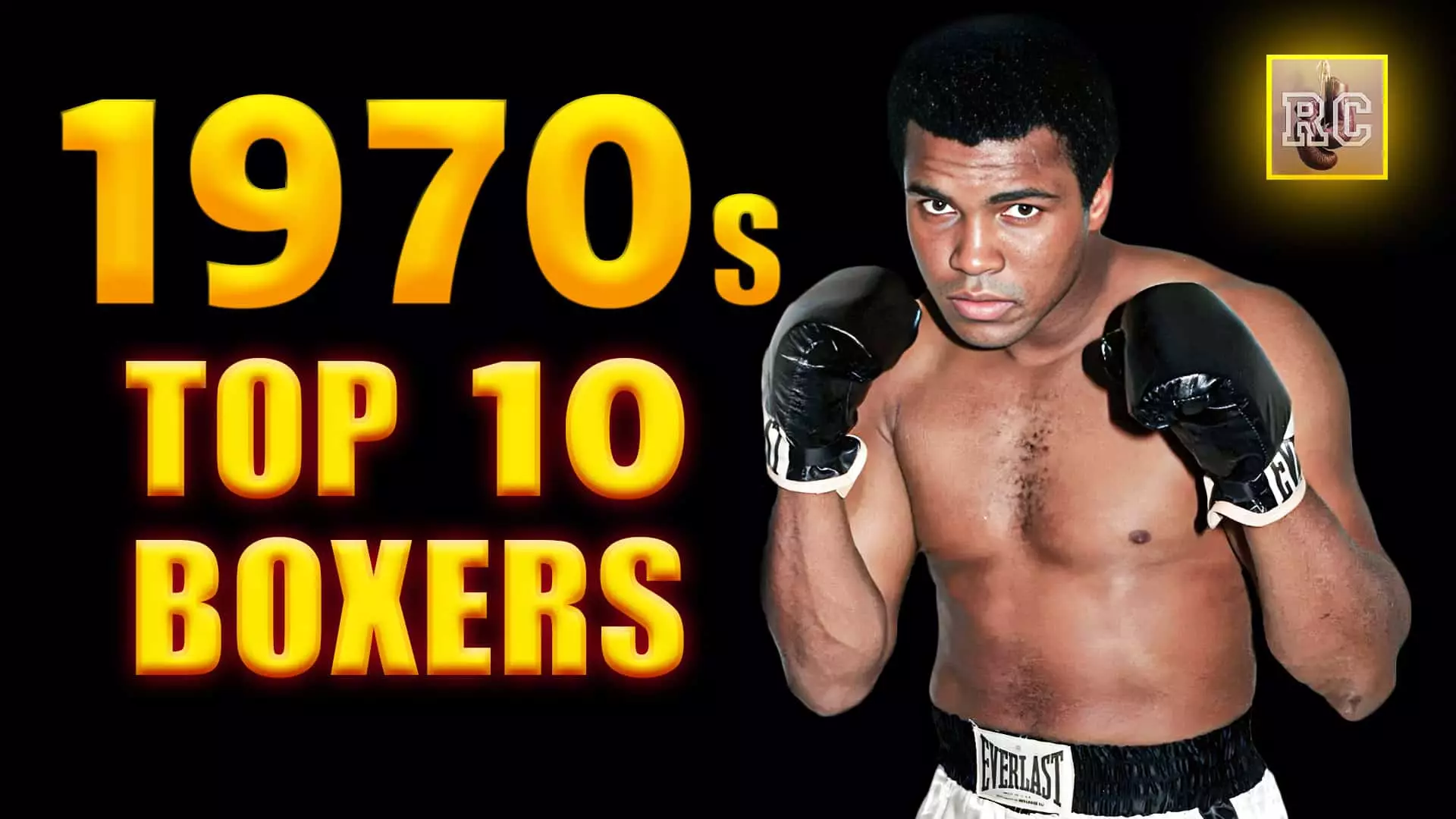The 1970s were undeniably a landmark decade for boxing, often referred to as the Golden Age of the heavyweight division. This was a time when the sport not only captivated audiences with the sheer physicality and skill of its athletes but also fostered intense rivalries and memorable showdowns. Muhammad Ali, Joe Frazier, and George Foreman emerged as titanic figures, engaging in legendary battles that defined not just an era but the very essence of boxing. Their encounters, especially the iconic trilogy between Ali and Frazier, transcended the sport, drawing in spectators who might not have otherwise been tuned into boxing.
However, to limit the examination of the 1970s’ greatest talents to the heavyweight category would be an oversight. The decade was rich with talent across multiple weight classes, showcasing boxers like Roberto Duran, Alexis Arguello, and Bob Foster. These fighters not only shaped their divisions but also set standards for excellence that would inspire future generations. Duran, remembered as a long-reigning lightweight champion during this period, exemplified the technical prowess and ferocity that defined boxing’s appeal.
To identify the top 10 pound-for-pound boxers of the 1970s, a comprehensive survey was conducted involving 35 boxing enthusiasts. Each participant provided a ranked list of their favorite boxers, allowing for a collaborative analysis that aimed to capture the essence of the decade’s competition. This method, while subjective, utilizes the insights and biases of the boxing community to create a balanced overview of the athletic talent from this period. Yet, it is essential to consider the limitations of such surveys; personal biases, regional preferences, and the varied levels of exposure to different fights can skew the results.
Still, within this collective, some names repeatedly emerged, solidifying their places in history. While it’s notable to see Ali, Frazier, and Foreman gain recognition for their heavyweight exploits, it’s equally significant to highlight Duran’s success in the lighter categories.
The decade also brought to the forefront other exceptional talents who, despite not receiving the same level of acclaim, contributed significantly to the sport. Fighters such as Wilfredo Gomez and Esteban De Jesus carved their niches in the later years, while earlier champions like Foster sustained their glory into this era. Their inclusion in the broader conversation surrounding the top boxers of the 1970s illustrates the depth and variety of the sport.
Duran, Arguello, and Foster’s styles, each unique yet equally effective, serve as reminders that boxing is not solely about knockout power. It celebrates strategy, endurance, and adaptability—qualities that these legendary boxers exemplified, making their case strong for inclusion in the sacred list of the decade’s best fighters.
In sum, analyzing the top pound-for-pound boxers of the 1970s allows us to appreciate the multifaceted nature of boxing culture during this era. While the heavyweight battles ignited passion and fervor among fans, the brilliance of champions across different weight divisions enriched the sport’s legacy. This decade not only showcased the greats we remember today but also paved the way for the evolution of boxing into a global phenomenon. The results of the survey reflect not just individual accomplishments but a collective respect for the sport’s historical context, contributing to the ongoing dialogue surrounding boxing’s greatest legends.

